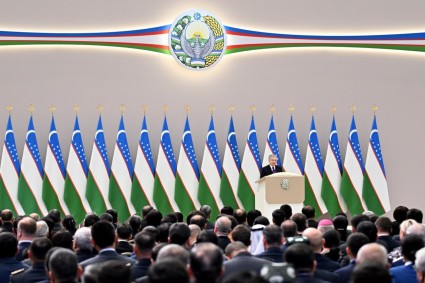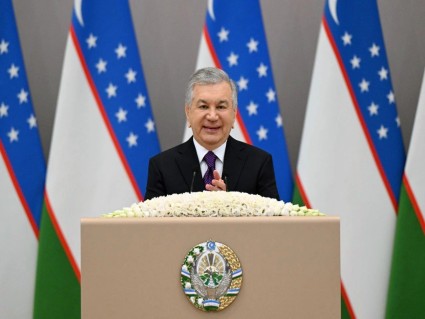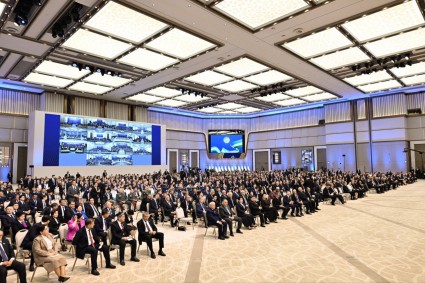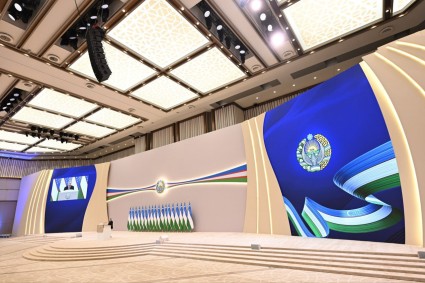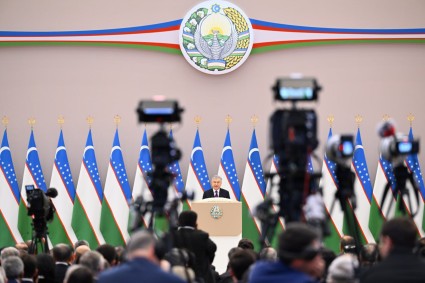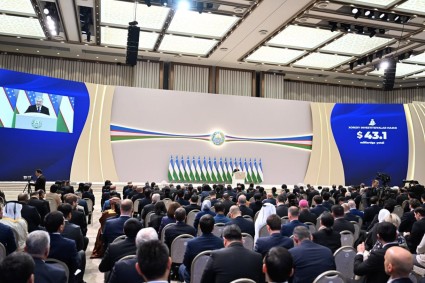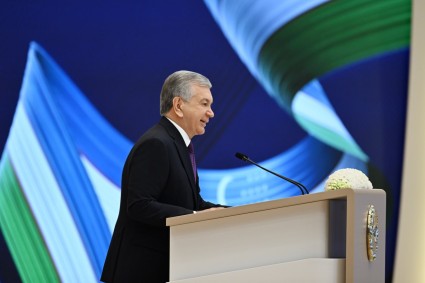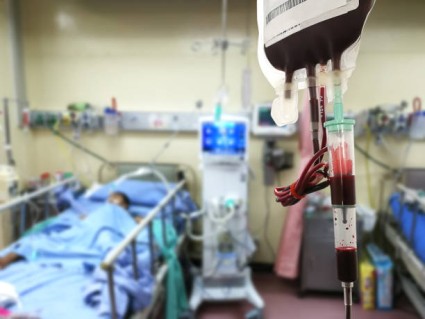Thanks to the Emergency Medical Services Project better trained and managed medical personnel in hospitals across Uzbekistan will be appropriately equipped to help millions of people impacted by accidents and medical emergencies.
On April 25, 2018, the project was approved by the World Bank’s Board of Executive Directors, and will be financed by a US$100 million credit from the International Development Association.
The existing emergency medical services (EMS) system in Uzbekistan is highly fragmented, with little coordination between districts and regions across the country, due to the absence of integrated and computerized dispatch services to operate and monitor the activities of specialized ambulance teams required at the scene.
Uzbekistan currently has one ambulance per 18,300 people, even though it should have been at the level of one ambulance per 13,000, according to national standards. Moreover, most of the current fleet of ambulances are unsuitable for providing modern pre-hospital care. They have limited space for providing life-saving care en route to the hospital and for storing emergency equipment.
Additionally, medical personnel providing services under the existing EMS system have limited access to equipment, drugs, and supplies. Their skills and abilities to diagnose and treat injuries, including from road traffic accidents, cardiovascular diseases and medical emergencies cases, need to be vastly improved.
The principal beneficiaries of the Emergency Medical Services Project will be people with trauma, medical and obstetrical emergencies. Hospitals accross the country will receive support to enhance their capacity to effectively respond to these emergencies.
The project will develop integrated dispatch centers in all 12 regions of Uzbekistan, and in the capital, which will be responsible for receiving calls, dispatching all ambulances within their borders and monitoring their performance. The dispatch centers will be crucial to the effective and efficient use of EMS resources and their core element will be a common computer-aided dispatch and communications system capable of monitoring the distribution and availability of resources in order to respond to emergencies rapidly and effectively.
The project will invest in the initial training of physicians and nurses in emergency medicine to encourage more staff to work in this area. In addition, it will acquire and distribute around 60 modern Advance Life Support ambulances among hospitals across Uzbekistan, as well as essential equipment needed for those vehicles to deal with trauma and medical emergencies, including obstetrical and neonatal emergencies.
Improved response times, better equipment and better training, should result in better outcomes in terms of reduced mortality and morbidity, increasing confidence among Uzbek citizens in the quality and professionalism of the EMS Service. In turn, this should lead to increased utilization of the service for true emergencies with concomitant improvements in outcomes.
“The National Development Strategy for 2017-2021 aims to inprove the livelihood and the quality of life of citizens in Uzbekistan. The World Bank is contributing to the Government’s efforts to reach this goal. The EMS project is already our fourth investment in the country in 2018, raising the annual total to US$940 million,” says Hideki Mori, World Bank Country Manager for Uzbekistan. “Thanks to the project, the improved EMS system will be able to treat about 6 million cases of trauma and medical emergiencies per year.”
The World Bank is helping Uzbekistan to reach a wide range of development goals and implement on-going reforms by supporting the implementation of 17 projects totaling over US$ 2.8 billion. These projects contribute to improvement of agriculture and water resources management, energy, transport, healthcare, education, urban development, water supply and sanitation services, which contribute to the country’s economic growth and higher living standards for the people of Uzbekistan.

